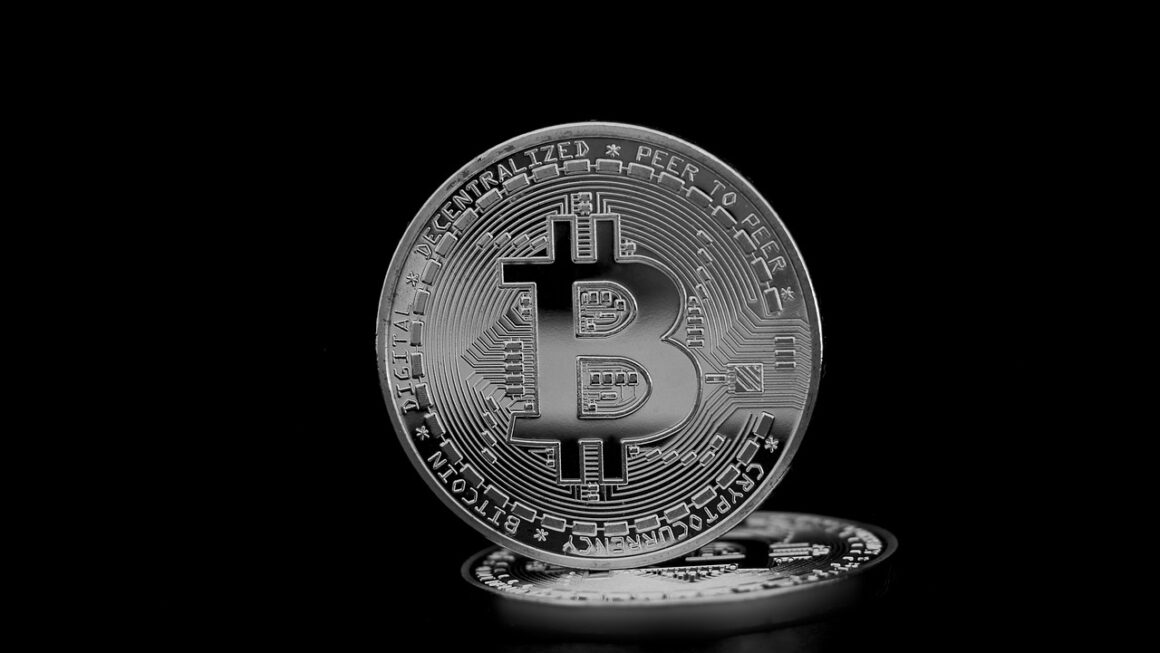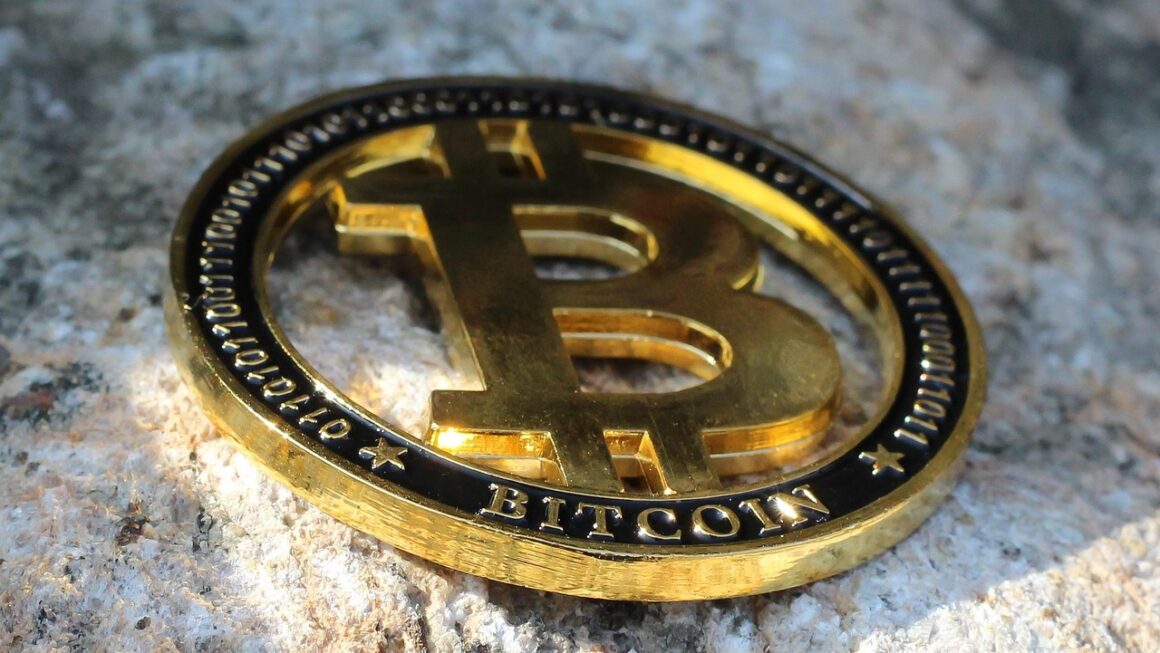zk-rollups are rapidly emerging as a leading Layer 2 scaling solution for Ethereum, offering increased transaction throughput and reduced gas fees without compromising security. These innovative solutions bundle hundreds of transactions into a single on-chain transaction, significantly enhancing efficiency. This article delves into the intricacies of zk-rollups, exploring their mechanisms, benefits, and potential impact on the future of decentralized applications.
What are zk-rollups?
zk-rollups, short for Zero-Knowledge Rollups, are a Layer 2 scaling solution that processes transactions off-chain and submits cryptographic proofs to the Ethereum mainnet. These proofs, using zero-knowledge succinct non-interactive arguments of knowledge (zk-SNARKs) or zk-STARKs, verify the validity of the off-chain transactions. This approach drastically reduces the data that needs to be stored on the main chain, resulting in higher throughput and lower gas costs.
For more details, see Investopedia on Cryptocurrency.
How zk-rollups work
The core idea behind zk-rollups is to move transaction processing off-chain, leveraging the power of zero-knowledge proofs to guarantee the validity of these transactions. Here’s a simplified breakdown:
- Off-chain Processing: Transactions are processed in a separate environment, often managed by a centralized operator (though decentralization is being actively pursued).
- Batching: Many transactions are grouped together into a batch.
- Zero-Knowledge Proof Generation: A cryptographic proof (zk-SNARK or zk-STARK) is generated that proves the correctness of the batched transactions. This proof is significantly smaller than the transaction data itself.
- On-chain Verification: The proof, along with minimal transaction data (essentially state changes), is submitted to the Ethereum mainnet. A smart contract on the mainnet verifies the proof, guaranteeing the validity of the off-chain transactions without needing to re-execute them.
This process results in significant savings in terms of gas fees because the Ethereum mainnet only needs to verify a single proof for a batch of potentially hundreds of transactions.
zk-SNARKs vs. zk-STARKs
Both zk-SNARKs (Zero-Knowledge Succinct Non-Interactive Arguments of Knowledge) and zk-STARKs (Zero-Knowledge Scalable Transparent Arguments of Knowledge) are types of zero-knowledge proofs used in zk-rollups, but they differ in their construction and characteristics:
- zk-SNARKs: Require a trusted setup, meaning a set of secret parameters must be generated to secure the system. A vulnerability in this setup could compromise the security of the rollup. They offer smaller proof sizes and generally faster verification times. Examples of zk-SNARKs include Groth16.
- zk-STARKs: Do not require a trusted setup, making them more transparent and resistant to potential vulnerabilities. They are considered more future-proof due to their reliance on collision-resistant hash functions, which are less vulnerable to quantum computing attacks. However, they typically result in larger proof sizes and slower verification times compared to zk-SNARKs.
The choice between zk-SNARKs and zk-STARKs often depends on the specific requirements of the application, weighing the trade-offs between security, performance, and trust assumptions.
Benefits of zk-rollups
zk-rollups offer a range of significant advantages for scaling Ethereum and improving the user experience:
Scalability
- Increased Transaction Throughput: By processing transactions off-chain and submitting only succinct proofs to the mainnet, zk-rollups can significantly increase the number of transactions that can be processed per second (TPS) on Ethereum. Estimates suggest potential throughput improvements of hundreds or even thousands of times compared to Ethereum’s base layer.
- Reduced Gas Fees: The primary benefit is reduced gas fees. Users pay significantly less for transactions because the mainnet only needs to verify the proof, not process each individual transaction. This makes using decentralized applications (dApps) more affordable and accessible.
Security
- Inherited Security from Ethereum: zk-rollups inherit the security of the Ethereum mainnet because the validity of the off-chain transactions is cryptographically guaranteed by the proofs verified on the main chain. If the main chain is secure, the zk-rollup is also secure.
- Fraud Prevention: The zero-knowledge proofs ensure that only valid transactions can be included in the rollup, preventing fraud and ensuring the integrity of the system. Even if the operator of the rollup is malicious, they cannot submit invalid transactions without being detected by the on-chain verification process.
Privacy
- Optional Privacy Features: zk-rollups can be used to implement privacy features, allowing users to transact without revealing their identities or the details of their transactions. Zero-knowledge proofs can be used to verify transactions without revealing the underlying data.
- Compliance: While offering privacy, zk-rollups can also be designed to meet regulatory compliance requirements. Selectively disclosing transaction data while maintaining overall privacy is possible with certain implementations.
Current zk-rollup Projects and Use Cases
Several projects are currently developing and deploying zk-rollups, each with its own focus and approach.
Examples of zk-rollup Projects
- Loopring: Focused on decentralized exchanges (DEXs), Loopring utilizes zk-rollups to provide fast and inexpensive trading with the security of Ethereum. Users can trade tokens on Loopring’s DEX with significantly lower fees and faster settlement times than on traditional on-chain DEXs.
- zkSync: General-purpose zk-rollup platform that supports smart contracts and allows for the deployment of various dApps. zkSync is aiming to provide a scalable and affordable platform for a wide range of applications, including payments, DeFi, and gaming.
- StarkWare: Develops both zk-STARK-based rollups and validium solutions. They power projects like Immutable X for NFTs and dYdX for perpetual trading.
- Polygon Hermez: An open-source zk-rollup focused on payment and token transfers. Polygon Hermez aims to provide a scalable and cost-effective solution for transferring tokens on Ethereum.
Use Cases
- Decentralized Exchanges (DEXs): Providing faster and cheaper trading experiences.
- Payments: Enabling low-cost and efficient microtransactions and bulk payments.
- NFT Marketplaces: Reducing the cost of minting, trading, and transferring NFTs. Immutable X is a prime example of this.
- Gaming: Supporting in-game transactions and asset ownership without high gas fees.
- DeFi Applications: Scaling complex DeFi protocols like lending and borrowing platforms.
Challenges and Future Developments
While zk-rollups offer numerous benefits, they also face some challenges and ongoing developments.
Challenges
- Complexity: Developing and implementing zk-rollups is technically complex, requiring specialized knowledge in cryptography and smart contract development.
- Computational Cost: Generating zero-knowledge proofs can be computationally intensive, although advancements are being made to optimize the proof generation process.
- Smart Contract Compatibility: Initially, zk-rollups were primarily focused on simple transactions. Supporting general-purpose smart contracts requires more complex and resource-intensive techniques, such as zkEVMs (Zero-Knowledge Ethereum Virtual Machines).
- Centralization: While some zk-rollups are striving for decentralization, many currently rely on centralized operators to manage the off-chain processing. This can raise concerns about trust and censorship resistance.
Future Developments
- zkEVMs: Developing zkEVMs that are fully compatible with the Ethereum Virtual Machine (EVM) will enable seamless migration of existing dApps to zk-rollups without requiring code changes.
- Decentralization: Efforts are underway to decentralize zk-rollup operators and improve censorship resistance. This includes exploring decentralized sequencers and data availability solutions.
- Optimization: Ongoing research and development are focused on optimizing the performance of zk-rollups, reducing proof generation times and improving transaction throughput.
- Interoperability: Connecting different zk-rollups and bridging them with the Ethereum mainnet is crucial for creating a seamless and interoperable Layer 2 ecosystem.
Conclusion
zk-rollups represent a promising scaling solution for Ethereum, offering significant improvements in transaction throughput, reduced gas fees, and enhanced security. While challenges remain, ongoing developments in zkEVMs, decentralization, and optimization are paving the way for wider adoption and integration of zk-rollups into the Ethereum ecosystem. By leveraging the power of zero-knowledge proofs, zk-rollups have the potential to unlock the full potential of decentralized applications and make them more accessible to a wider audience. As the technology matures and becomes more widely adopted, zk-rollups are likely to play a crucial role in the future of Ethereum and the broader blockchain landscape.
Read our previous article: Beyond The Firewall: Tailoring IT For Hypergrowth




